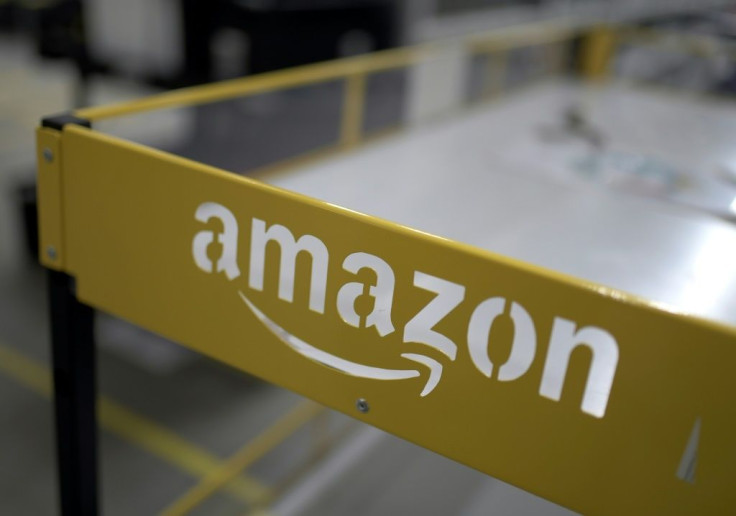Remote Workers Leery Of Surveillance Used To Monitor Productivity
The pandemic has more companies than ever turning to digital tracking services to monitor employees, but experts warn the technology could accidentally run afoul of privacy laws. Even beyond legal implications, installing invasive tracking measures could drive employees away.
With so many companies switching to work from home, there’s been a dramatic rise in the use of artificial intelligence and algorithms that automatically monitor employees to measure productivity.
A report on the subject by the British research group Institute for the Future of Work found that a third of the union members they interviewed said new tech had “extremely” changed their role since the onset of the pandemic.
“Our interviews with workers find increased location tracking through wearables, heat sensors, CCTV and greater sharing of biometric data,” the report reads. “These data are pooled and cross-referenced with wider data sets used to track performance to train the algorithmic technologies.”

With that expansion, however, come risks. Brian Honan, a cybersecurity consultant and former advisor to Europol, told CNBC intrusive monitoring could run afoul of the European Union’s General Data Protection Regulation.
“Companies do have a duty of care to protect their business and they do have a legitimate interest in ensuring their business interests are taken care of, but they have to be balanced against the rights of the individual in the workplace,” he said.
That risk is even higher when working from home, when monitoring technologies could record family members or guests not in the company’s employ.
Even setting aside potential legal issues, the IFW’s study suggests invasive monitoring could be dissolving positive partnerships between workers, managers and companies.
Forty-one percent of respondents said their jobs got less fulfilling in the past five years, more than any other response and almost double those that said fulfillment improved. Forty-eight percent said their employers valued them less, more than any other response and more than double those that said they were valued more.
“Overall, we observed a marked shift from managerial trust and dialogue towards the intense monitoring and surveillance of activity,” researchers wrote. “More and more personal information is sought from workers while companies divulge little about what is stored and how it is used, reflecting the steady erosion of choice, consent and privacy.”
© Copyright IBTimes 2024. All rights reserved.





















